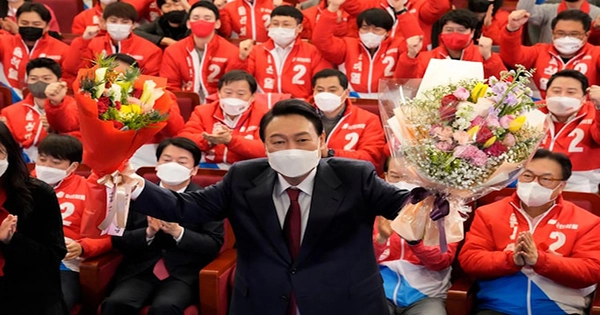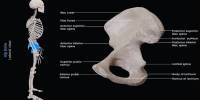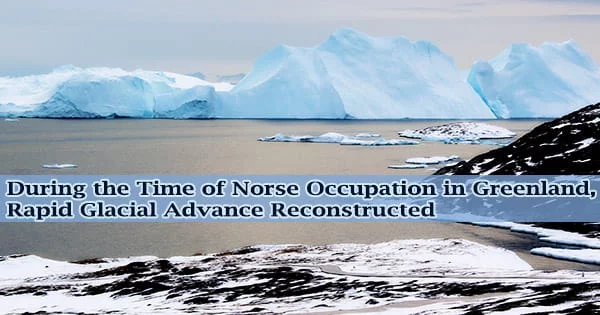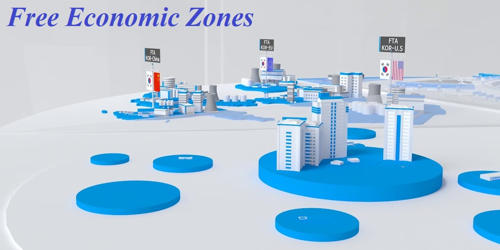Everyone in South Korea might be ready to experience the American dream of turning one year younger. While this may appear to be a good thing, many individuals will have to endure the anguish of turning 30, 40, or 50 twice. When South Korean President Yoon Suk-yeol takes office, he intends to reduce the average age of the population. As weird as it may appear, there is justification for the change. People in most nations turn one year old after they are born. It’s a lot trickier in South Korea; you may have a day-old infant who is also two years old.
In South Korea, there are now three aging systems, with those who utilize the traditional Korean age system going to lose the most time. In the Korean age system, you are considered a one-year-old the minute you are born. This is due to the fact that your time in the womb is considered part of your life, even if you didn’t make the most of it. To make matters even more complex, you do not mature a year after your birth, but rather on New Year’s Day. This implies that if you were born on New Year’s Eve at 11:58, you would turn two minutes later.
The system is out of pace with most of the world, putting a lot of unnecessary pressure for a baby (why the heck isn’t she talking yet, she’s two). Another method, known as the New Year birthday system, permits you to be born at zero years old but nevertheless ages you on New Year’s Day rather than on your actual birthday. The Korean age system is still the most popular, while some people utilize the international system, in which you start at 0 and turn 1 a year later on the same day. It is not only perplexing, but it also has practical implications.
“We have experienced unnecessary social and economic costs due to the different calculations of legal and social age when receiving social, welfare, and other administrative services, or signing or interpreting various contracts,” Lee Yong-ho, chief of the transition team’s political, judicial, and administrative subcommittee, said of the decision to bring everyone in line with international age. Hopefully, with the new method, individuals will be able to say anything other than “honestly, I have no idea” when asked their age.
















